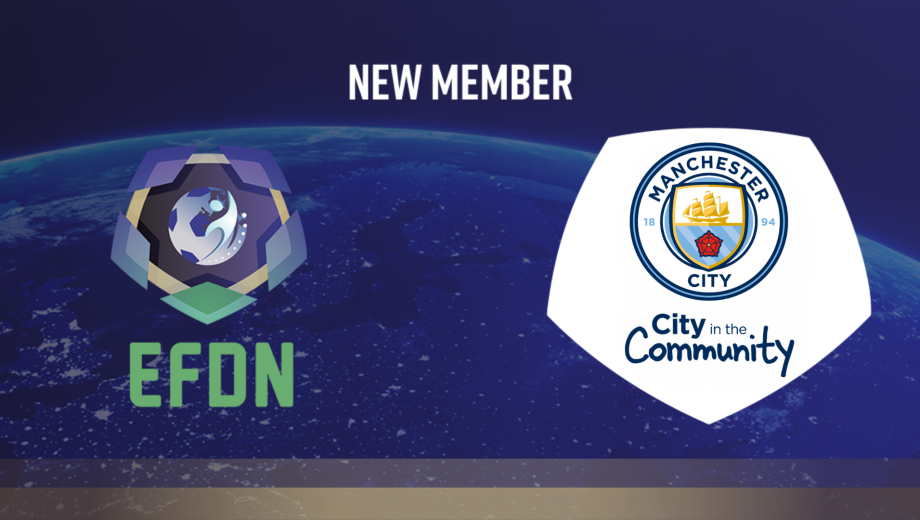FC St. Pauli is the first professional football club to publish a balance sheet for the common good
FC St. Pauli is the first professional football club in the world to publish a public welfare balance sheet. The club scored above average with 527 points. A confirmation of its actions – and further improvements are to follow.
The Common Good Balance Sheet is a voluntary corporate social responsibility (CSR) audit that shows how companies and organisations contribute to the common good. FC St. Pauli achieved a very good result of 527 points in the audit conducted by auditors. A score that puts the club in the same league as sustainability pioneers such as Greenpeace, the organic pioneer Voelkel and the multi-award-winning outdoor textile company Vaude. The reporting period covers the 2021/22 and 2022/23 seasons (1 July 2021 to 30 June 2023).
FCSP scores with various projects
FC St. Pauli was able to impress with its general strategy, which is reflected in various projects that are otherwise rarely found at German professional clubs. These include, for example, the decision not to sponsor sports betting, the creation of guidelines on diversity, gender parity on the Supervisory Board, ecologically sustainable and fairly produced merchandise and the switch to organically produced and vegan stadium sausages.
“The systemic approach of the common good balance sheet creates a 360-degree perspective on our own actions. We deliberately opted for this value-orientated audit because we were looking for an instrument that would enable us to critically evaluate our goals and measures. The score achieved is pleasing, but it is less important to us than the insights we gain from the process. Another football is possible. Especially if we never rest on our laurels.”
Esin Rager, Vice President at FC St. Pauli
More than 30 employees from all departments of the club contributed to the Common Good Report, which is more than 150 pages long. Among other things, the review assesses the types of benefits that FC St. Pauli’s actions bring. The result shows that 70 per cent of the club’s total turnover benefits people’s basic needs. These include: 1. life support/ health/ well-being 2. protection/ safety 3. affection/ love 4. understanding/ empathy 5. participation/ security 6. leisure/ recreation 7. creative work 8. identity/ meaning 9. freedom/ autonomy.
“We don’t just say what we do, we also have it reviewed. It is important to have an independent external review to see where we stand. This enables us to better recognise the opportunities and risks of our strategies. The assessment sharpens our profile and shows where we need to improve.”
Franziska Altenrath, who heads the Strategy, Change and Sustainability (SVN) department at FC St. Pauli
More than 1000 companies and organisations assessed
The global Economy for the Common Good (ECG) movement sees itself as a pioneer for social change in the direction of responsible, co-operative cooperation within the framework of ethical business practices. Success is not primarily measured by financial indicators, but by the common good product for an economy, the common good balance sheet for companies and the common good audit for investments.
The movement currently has 11,000 supporters worldwide, around 5,000 members in more than 170 regional groups, 35 ECG associations, over 1,000 companies and other organisations with a balance sheet, almost 60 municipalities and cities and 200 universities worldwide that are spreading, implementing and further developing the vision of the Economy for the Common Good. The International GWÖ Association, based in Hamburg, has been in existence since 2018. In 2015, the EU Economic and Social Committee adopted a self-initiated opinion on the ECG with an 86 per cent majority and recommended its implementation in the EU.

Aris Limassol FC Social, Environmental, and Health Initiatives




